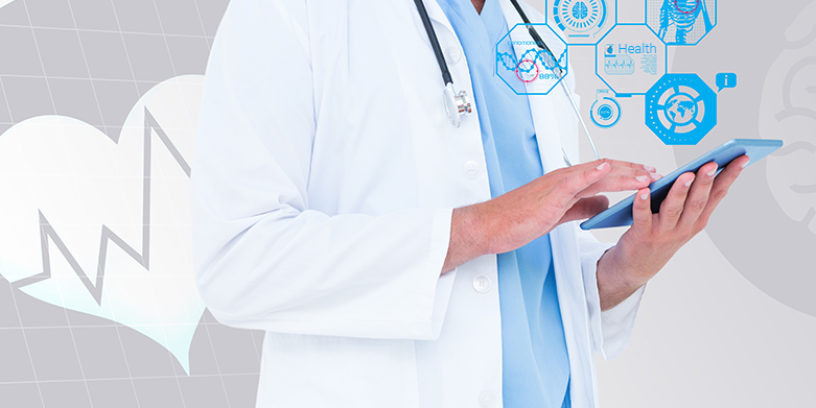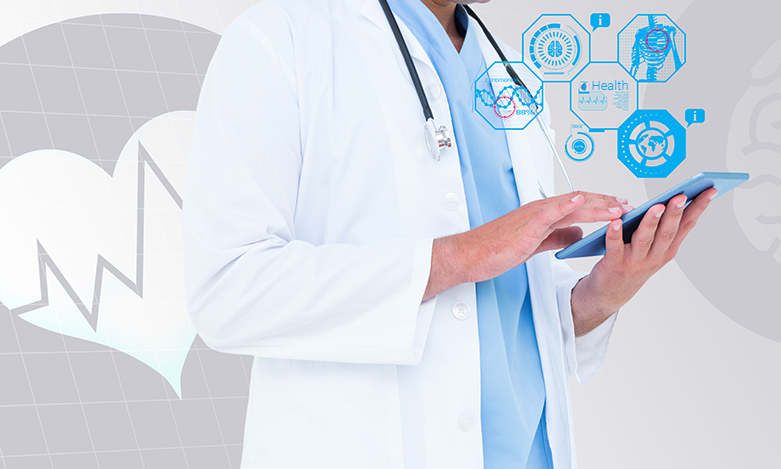 Read time 2 min
Read time 2 min
The healthcare industry has been undergoing drastic and unprecedented changes in the wake of regulatory mandate of deploying electronic health records (EHR) and increasing demand for superior care outcomes and value-based reimbursement. The trends have put significant pressure on the healthcare industry players. In order to comply with new regulations, meet radical market demands while optimizing cost and effort – organizations have been vying to transform their business model and operations in a meaningful way.
The introduction of EHR and rapid proliferation of technology including wearables and mobile applications, and other advanced provider, payer and third-party systems have given access to a deluge of data stemming from these sources. Healthcare organizations are increasingly trying to mine this data to tap into the wealth of healthcare information to drive better care as well as meet business objectives across the care continuum. In fact, the demand for health informatics resources is estimated to grow by 22% through 2018 twice the rate of growth for all industries. So, what makes informatics so big within the healthcare industry?
Streamlined public health management
Public health informatics can help providers gain better visibility into drug response variability, public health trends, outbreak of diseases and its factors and other health related issues within the patient population, allowing them to implement a superior and more focused health management system. Data can also help researchers to improve drug efficacy and improve healthcare on a larger scale.
Improved care outcomes
Implementation of electronic health record has already improved patients’ health visibility making it easier for physicians to access complete health record of their patient. Improved documentation coupled with informatics is further helping in evidence-based risk assessment that provides clinical decision support. This enables providers to not only evaluate the effectiveness of care programs but also proactively implement personalized care regimes to improve health outcomes. Informatics is especially making remarkable strides in improving care outcomes for older patients.
Deeper patient engagement
Use of technology and sharing data allows patients to actively participate in their health management. Especially patients who suffer from chronic illnesses such as asthma, liver or cardiac conditions, diabetes or obesity can have easy access to provider recommendations empowering them to proactively manage their condition. Patients and caregivers can better engage with their physicians and make the right healthcare choices including – disease and lifestyle management, improving self-care and quality of life and in some case preventing untimely fatalities.
Build a superior delivery system
The value of informatics is unparalleled in protecting public health and safety and advancing the individual care. However, assimilating huge amounts of data stemming from varied and siloed sources and ensuring data reliability and integrity can present formidable challenge. Collaborating with focused and dedicated players who provide industry-specific information can go a long way in streamlining healthcare information capture, mining and distribution.
Know more about our business information services and how we can help you transform data into high-value information.







